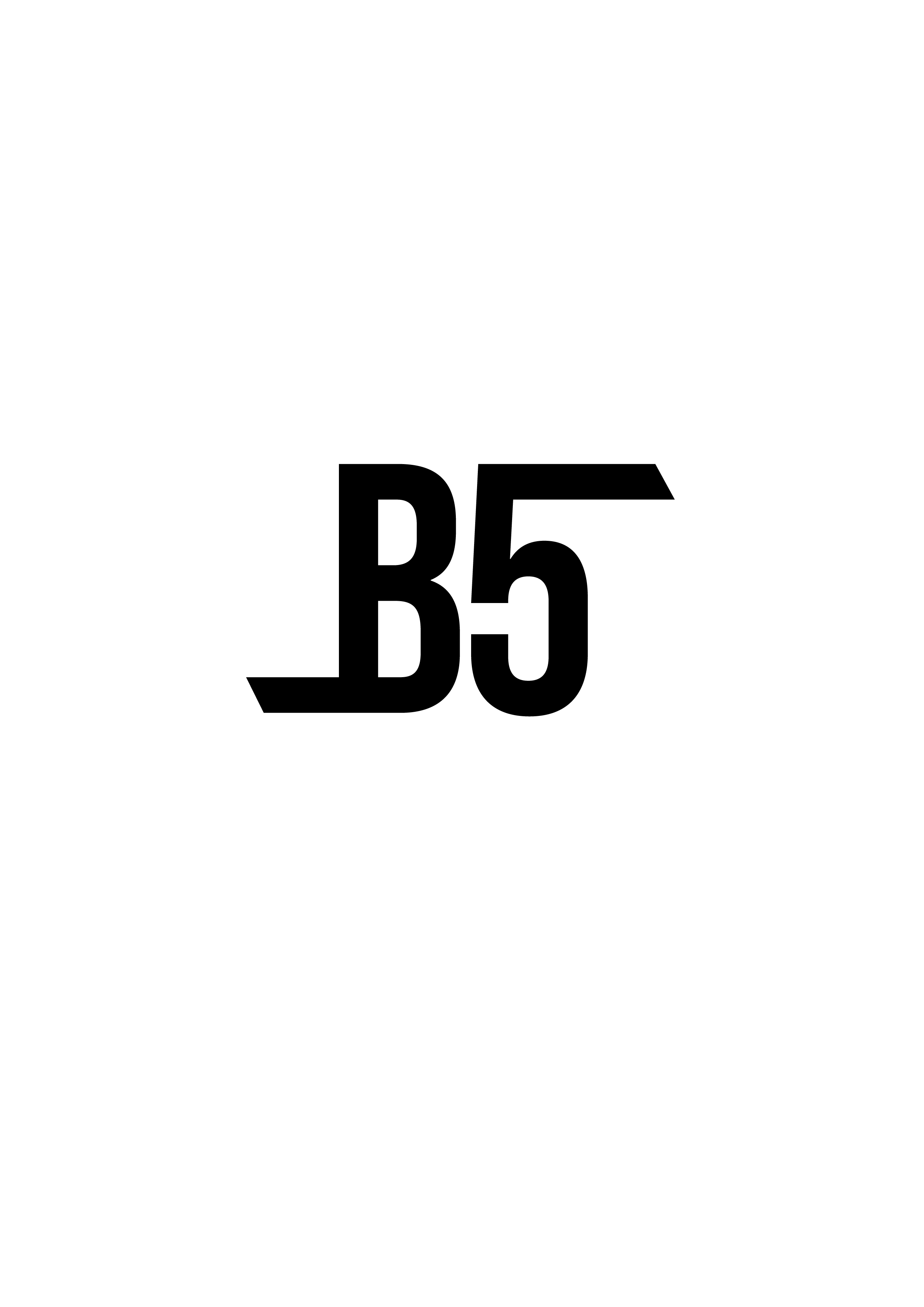Social Media - the new smoking - and why we all need to work on our screen time
- B5 Admin

- Sep 30, 2021
- 4 min read
Updated: Feb 4, 2022
Facebook, which owns Instagram, has long insisted that its platforms are safe for us and our kids and that concerns over the mental health impact of Instagram, powered by its algorithms and the unobtainable lifestyles it presents, were overblown.
In September though the Wall Street Journal published an article, based on (leaked) internal studies at Facebook, which blew a hole in the company's public position. Instagram does harm our teenagers and Facebook knows it.
According to the report: "Teens regularly reported wanting to spend less time on Instagram ... but lacked the self control to do so". In translation - Instagram has got kids addicted to the platform, so much so, that they can't get themselves off it even when they know it's harming them. And how is it harming them? In Facebook's own words: "We make body issues worse for one in three girls" and "In one study of teens ... Facebook found that more than 40% of Instagram users who reported feeling 'unattractive' said the feeling began on the App".
What is very interesting is how Facebook/Instagram work hard to nurture this addiction and how harmful the addiction is. The WSJ reported: "The Explore page, which serves users photos and videos curated by an algorithm, can send users deep into content that can be harmful". There's an obvious analogy with drug dealers. As their dependent clientele struggle, desperate to feel well again or replace their malaise with a new high, the dealer sends them spiralling into further demise with more drugs, chasing more highs and comfort, with disastrous consequences.
The algorithms that show us photos and videos on Instagram send us content that isn't necessarily designed to be good for us but, instead, to keep us coming back. As an example, if you are a teenage girl who has searched for fitness or dietary regimes then expect Instagram to then send you video, after photo, after advertisement, after video, after photo ..... of perfect looking women, losing huge amounts of weight, toning their bodies in the most remarkable way, and with an ultimate end result of total (and unobtainable) happiness. This is highly addictive and highly damaging ... and its a problem.
If it seems unfair to compare Facebook to drug dealers, then there is perhaps a better comparator: huge, influential and respectable companies damaging their customers and keeping them addicted. For the 21st Century's social media companies, read the 19th and 20th Centuries' tobacco industry.
As Democrat Senator Richard Blumenthal puts it: "Facebook seems to be taking a page from the textbook of Big Tobacco - targeting teens with potentially dangerous products while masking the science in public". Jean Twenge, of San Diego State University says: "If you believe that [notorious 19th Century tobacconist] RJ Reynolds should have been more truthful about the link between smoking and lung cancer, then you should probably believe that Facebook should be more up front about links to depression amongst teen girls".
As with all addictions - identifying that you have a problem is the essential first step. My name is Matt Himsworth, I am addicted to my smartphone.
So what are we doing? Well, apart from the education we do in sport and at schools and colleges, and our online campaigning, we want to do something symbolic in October, to get a conversation going on our smartphone use. If social media is like smoking then perhaps we can borrow from the campaigns which help people to quit smoking. In 2012 the NHS introduced Stoptober a campaign to help smokers to quit. So, in 2021, we are launching the (admittedly not as catchy) Screentober. For the month of October we are not encouraging people to quit social media and smartphones (because they are an essential part of our lives and, unlike smoking, can have a positive purpose) but we are challenging people to reduce their screentime during the month of October.
Our directors, Matt Himsworth, Fraser Franks and Leigh Nicol, have challenged each other to reduce screentime and there will be forfeits and prizes in-house. Matt, Fraser and Leigh are also challenging friends, family and people in our industry to join in. Also, working with Premier League, EFL and WSL football academies we have set a formal challenge to the boys and girls in the under 18s groups to bring their screentime down and tell us the best story on how they managed it. The winner, the player with the most impressive result and/or story, will win a £100 voucher to spend with our friends at Fresh Ego Kid. We'll also be expecting Fresh Ego Kid owner Marvin Morgan to join in the fun too.

There's an obvious irony (please don't call it hypocrisy!) in that we will be posting content and results on our own social media during the course of October. But that's only natural, of course, social media is and can be a positive place. It's a place to share ideas and to reach people. If we can use it in moderation and with kindness and respect then it can enhance our lives and our world.
If you'd like to join in with us and be a part of Screentober then feel free to @ us on social media, message us privately, email us (info@b5consultancy.com) or just get on with chucking your phone out of the window (or leaving it on charge for a while). We'd love to hear your experiences, troubles, tactics, what you missed, what you didn't and anything else in between.
Thanks,
Matt, Fraser and Leigh



Comments